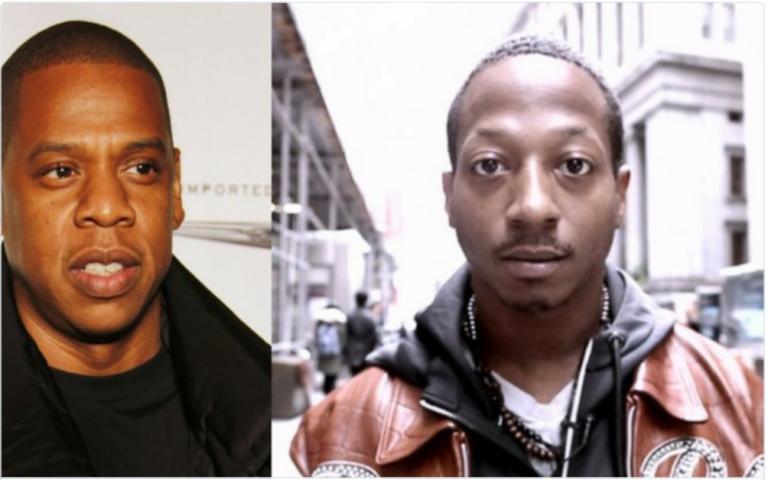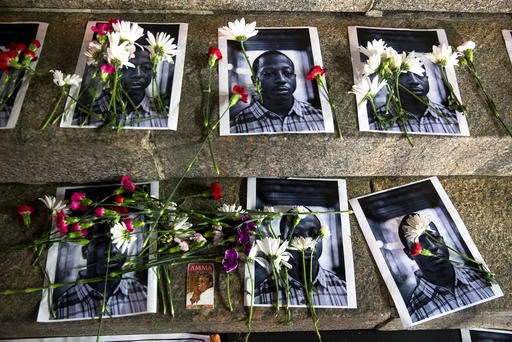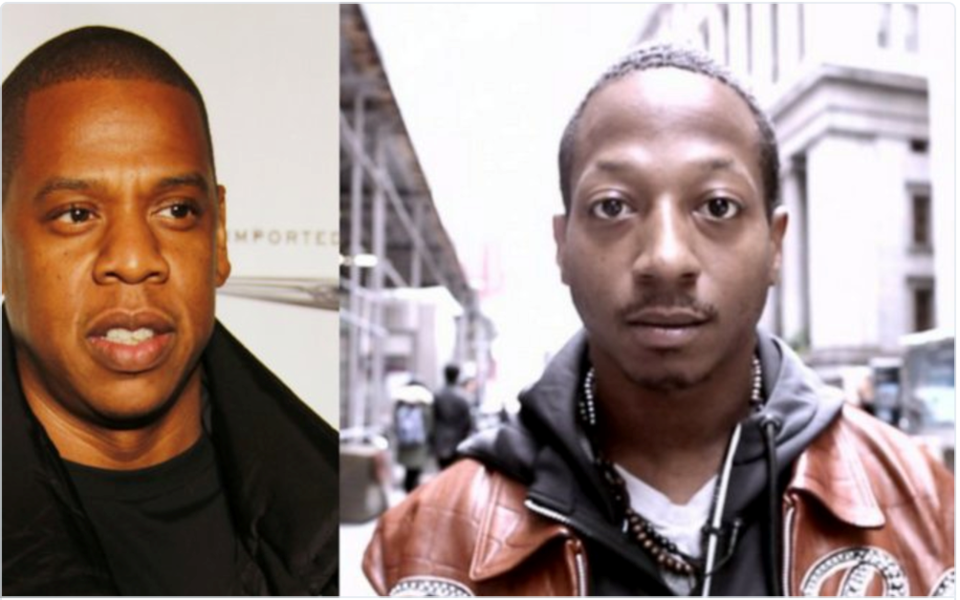 The documentary "TIME: The Kalief Browder Story," premieres tonight on Spike TV at 10:00pm.
The documentary "TIME: The Kalief Browder Story," premieres tonight on Spike TV at 10:00pm.
Kalief Browder was only 16 when he was arrested on suspicion of stealing a backpack in New York City in 2010. Because his family couldn't raise the $10,000 for his bail, he spent three years in the Rikers Island prison complex awaiting trial. Browder's family said that that his mental health began to erode because of the 400 days he spent in solitary confinement, as well as the physical abuse he endured at the hands of prison guards and other prisoners. The charges were dismissed in 2013. Kalief Browder made it out of prison but died anyway: He hanged himself at the age of 22 in 2015 in his mother's backyard in the Bronx.
The six-episode series that tells the story of Browder's life and tragic death is directed by documentarian Jenner Furst. It has been the subject of much anticipation, as it was famously co-executive produced by Bed-Stuy's own Jay Z surrounding a topic that was close to his heart: the disproportionate incarceration of black males and the often irreversible damage the a broken criminal justice system has on mental health.
"This is not like one case that happened," said Jay Z. "This is happening a lot for people — especially where I come from in the boroughs and the Marcy Projects and the Bronx and Brooklyn and all these places."
[perfectpullquote align="left" cite="" link="" color="" class="" size=""]"Kalief Browder is a modern day prophet; his story is a failure of the judicial process,"[/perfectpullquote]
Browder's story has since had a wide impact and has become a centerpiece for conversation around the America's broken justice and penal system that recklessly devastates the lives of hundreds of thousands of black males each year because of disproportionate numbers of cases that are neglected, mis-tried or poorly tried and the abuse of solitary confinement once incarcerated.
In fact, last year, even then-president Obama penned a Washington Post op-ed about the dangers of solitary confinement, which opened with a brief recounting of Browder's death. Shortly after, Obama issued a series of executive orders banning the use of solitary in federal prisons against juvenile offenders and adults who'd committed minor infractions.

After reading Gonnerman's article, Jay Z invited Browder to his office in New York. "I just wanted to give him words of encouragement, that I saw his story and I'm proud of him for making it through, and to keep pushing. He told me that he was going to college," the rapper said at a press conference to promote the series. "Then I got a phone call from [Roc Nation president Chaka Pilgrim] and she told me that Kalief had taken his own life.
"Kalief Browder is a modern day prophet; his story is a failure of the judicial process," wrote Jay Z on Twitter. He says he hopes the documentary will "save a lot of lives" by shining a light on a problem that continues to this day.




